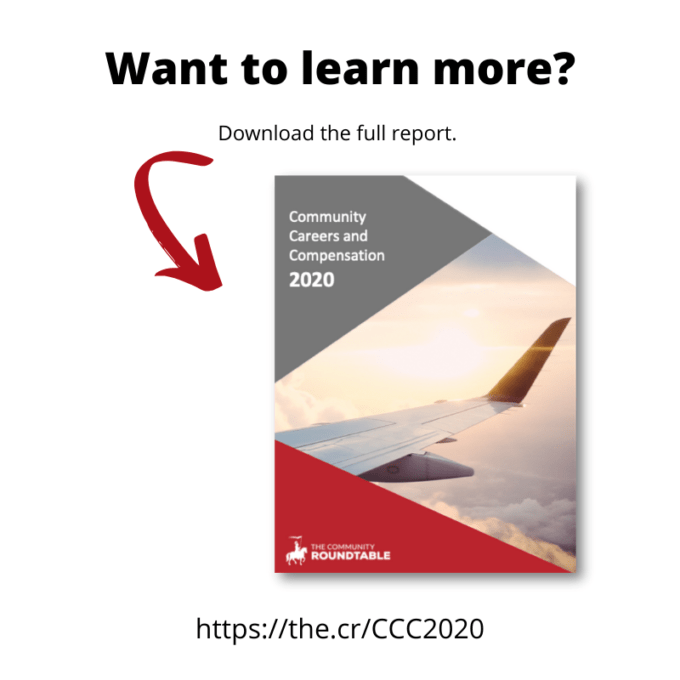
Communities provide a governance structure that helps organizations adopt a more distributed model of leadership and accountability. This empowers individuals to collaborate, create, and engage their peers in adaptive ways while staying aligned with a broader mission.
As community structures replace traditional models of work, leadership needs to adapt as well to look more like community leadership.
Over the last ten years of research and practice, it has become clear that the unique strategies employed by community professionals to build trust, engage members, foster relationships, and measure success are not just valuable in the community space. They are the skills needed to for networked organizations and business models to thrive.
The skills, techniques, and operational models being used in communities today are what many organizations will look like in the future. The skills to manage and lead these organizations require a very different mindset that is being incubated in today’s communities, one that prioritizes opportunity over risk, innovation over predictability, and trust over control.
Many executives conflate online social networks with online communities and because of this miss the opportunity, continuing to view engagement as potentially polarizing and risky. Yet well-managed communities offer safe learning environments that contribute positively to an organization’s brand and culture, with no associated risk. This then is the opportunity for all organizations who hope to thrive in the digital era – and current community leaders are showing us the way.
Learn more in our Community Careers and Compensation report – now available for free download.

